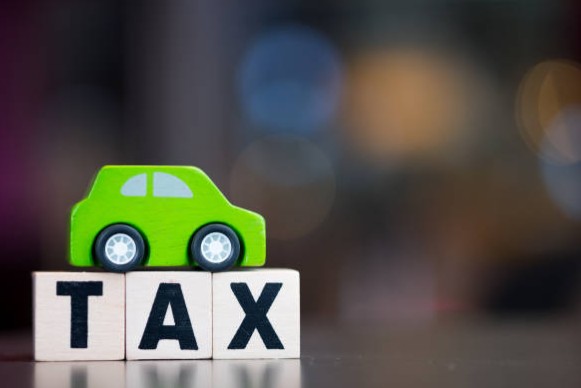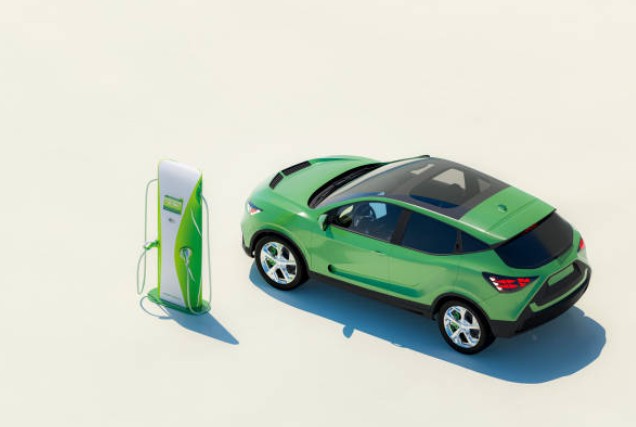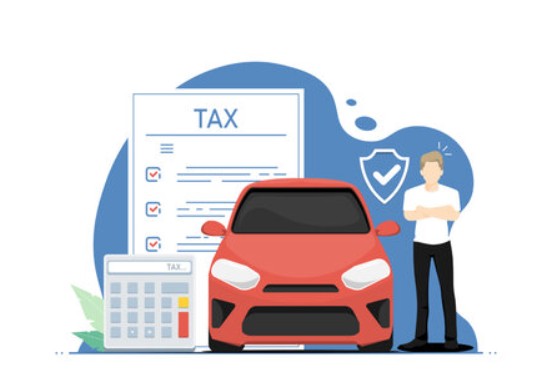As 2025 draws near, UK drivers—especially those who own older vehicles—are bracing for a significant increase in vehicle tax. The government’s decision to hike Vehicle Excise Duty (VED) for older cars is part of a wider environmental strategy, but it also means extra costs for many drivers and small business owners across the country. Whether you drive an older petrol or diesel car, or use one for your business, understanding the upcoming changes will help you prepare financially and make informed decisions.
What Is the 2025 Vehicle Tax Hike All About?

Vehicle Excise Duty (VED), commonly called road tax, is a mandatory annual charge on most vehicles driven or parked on public roads in the UK. Traditionally, VED rates have been based on factors like engine size, fuel type, and emissions.
From April 2025, the UK government will increase VED rates for cars registered over 10 years ago, particularly targeting older petrol and diesel vehicles that emit higher levels of CO2 and other pollutants. This tax hike reflects the government’s aim to discourage the use of high-pollution vehicles and to push the UK closer to its net-zero carbon emissions target by 2050.
Key Points About the 2025 Tax Increase:
- Applies mainly to petrol and diesel cars registered more than 10 years ago.
- Tax rises will be scaled according to CO2 emission bands.
- Classic cars registered before 1973 remain exempt.
- Electric vehicles and low-emission vehicles continue to enjoy reduced or zero VED.
Why Is the Government Targeting Older Cars?
Older vehicles often lack the modern emissions-reducing technologies found in newer models, such as advanced catalytic converters, particulate filters, and hybrid or electric drivetrains. As a result, these older cars tend to:
- Emit higher levels of carbon dioxide (CO2), nitrogen oxides (NOx), and particulate matter.
- Contribute more to air pollution and associated health problems.
- Undermine the UK’s efforts to meet its legally binding climate commitments.
By increasing taxes on these vehicles, the government hopes to encourage drivers to switch to cleaner alternatives, helping improve air quality and reduce the nation’s carbon footprint.
How Much Will Vehicle Tax Increase in 2025?
The exact amount of the increase depends on the car’s emission level and age. While the government has not yet published all the detailed figures, here’s what current indications suggest:
| Vehicle Type | Typical 2024 VED Rate | Expected 2025 VED Rate Increase* |
|---|---|---|
| Older Petrol Cars | £150 – £220 | Increase of £20 – £50 |
| Older Diesel Cars | £200 – £300 | Increase of £30 – £70 |
| Classic Cars (<1973) | £0 | No change (exempt) |
*Rates vary by exact emissions; check the official DVLA website for your vehicle.
For many drivers, this means a noticeable rise in their yearly costs, especially for those who have held onto older cars to avoid high purchase prices or simply because they prefer their current vehicle.
Who Will Be Most Affected?
Private Drivers
Many UK households own cars that are over 10 years old. For private drivers on tight budgets, the tax hike could represent a challenging new expense.
Small Businesses

Small businesses that rely on older vehicles, such as tradespeople, delivery services, or taxi operators, may face increased running costs. In some cases, the combined effect of fuel prices, insurance, maintenance, and higher VED could make older vehicles less economical.
Classic Car Owners
Owners of classic cars registered before 1973 are exempt from paying vehicle tax, so collectors and enthusiasts should not be impacted by the 2025 hike.
Rural Drivers
People living outside cities, where public transport is limited, often rely on older vehicles for day-to-day travel. For these drivers, the tax increase adds pressure, but alternatives may be less practical.
What Are Your Options?
If you own an older car affected by the 2025 tax hike, you have several options to consider:
1. Keep Your Car and Pay the Increase
If upgrading your vehicle isn’t feasible, budgeting for the increased tax and running costs is essential. This might mean cutting back in other areas or planning financially for the next few years.
2. Upgrade to a Newer, Lower-Emission Vehicle
Switching to a newer petrol, diesel, hybrid, or fully electric vehicle could reduce your annual tax bill and fuel costs, and make your car more environmentally friendly.
3. Switch to an Electric Vehicle (EV)

EVs currently benefit from zero VED and exemptions from congestion charges and ULEZ fees in many areas. With expanding charging infrastructure and government grants available, switching to an EV could be a smart long-term investment.
4. Use Alternative Transport Methods
Consider public transport, car sharing, or cycling where practical, to reduce your reliance on personal vehicles and avoid tax hikes altogether.
How Will This Affect the UK Automotive Market?
The tax hike is expected to accelerate demand for cleaner cars, influencing manufacturers and dealerships to expand their electric and hybrid offerings. It may also depress the resale value of older, high-emission vehicles, making it a seller’s market for cleaner used cars.
For small businesses, this shift could also encourage investment in modern fleets, improving brand image and environmental credentials—both increasingly important in today’s market.
What Support Is Available?
The UK government and some local councils offer incentives for greener vehicles:
- Plug-in Car Grant: Financial support to reduce the purchase price of eligible electric and plug-in hybrid vehicles.
- Electric Vehicle Homecharge Scheme (EVHS): Grants to help install EV charging points at home.
- ULEZ and Congestion Charge Discounts: Electric and low-emission vehicles often get exemptions or discounts in city zones.
Keep an eye on government websites for updates on available support as 2025 approaches.
Final Thoughts: Preparing for the 2025 Vehicle Tax Hike
The 2025 vehicle tax hike for older cars is more than just an increase in fees—it’s part of the UK’s broader environmental agenda. While this presents challenges, especially for owners of older petrol and diesel vehicles, it also encourages smarter, greener transportation choices that benefit both the planet and your wallet in the long term.
If you’re a UK driver or small business owner with an older car, start planning now. Assess your vehicle’s tax band, consider your options for upgrading or alternative transport, and stay informed about government incentives.
By doing so, you’ll not only avoid unexpected expenses but also contribute to a cleaner, healthier UK environment.






